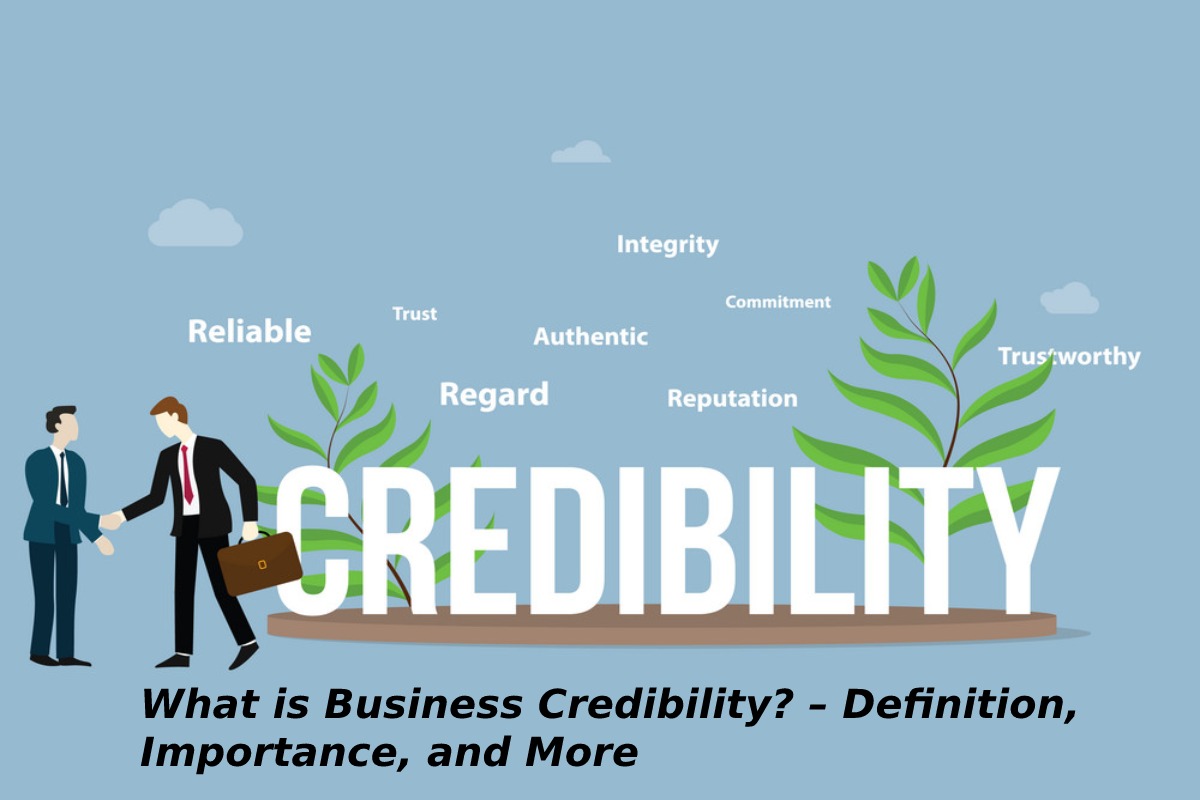Business Credibility: A commercially trusted company is a company that counts its products or services to its customers for what they promise. Commercial credibility is made on total customer satisfaction. Thus, trust depends on various factors that you can strengthen or improve.
Also, don’t be discouraged if you have had dissatisfied customers! It is a guide to help you build public confidence in your brand promise.
Table of Contents
The Importance of Business Credibility
First, trust is critical to a business: it brings brands together with their customers and the communities in which they operate.
Customers who repeat their purchases are more likely to support a company’s actions with their community if they have their trust.
A business that strives to stay in the market knows that maintaining consumer confidence means a strong brand reputation combined with its ability to attract and retain staff.
In addition, it is necessary to ensure that the company behaves responsibly, respecting the environment and human rights.
There are key actions to build trust that any executive or business needs to take, and now we’re going to do that.
How to Build Business Credibility: 10 Tips
1. First, Deliver the Client, and then your Solution.
The reverse formula will never yield long-term results because prioritizing your product and customer relationship second will lead to fleeting success.
2. Do what you Suggest
The shortcut to failure is to tell the customer that a specific solution with specific benefits and aspects will be delivery on time.
3. Do not, under any circumstances, accept Bribes or Gifts.
Nothing happens “under water.” All transactions or exchanges of goods or services must be carry out lawfully and clearly.
4. Be Transparent about your Prices.
Keep prices up to date and budget right, and ensure all teams that interact with the customer have the same pricing schedules.
5. Take Responsibility
Also, if a problem occurs with one of your clients, don’t make excuses or blame yourself: solve the problem.
6. Speak Honestly, even in Difficult Situations.
Do not hide the truth from the Client if there is a problem with your products or services.
7. Speak Respectfully about your Competitors.
Bad talk about competitors not only makes you look bad: you create distrust in your customers,
8. Build your Online Presence.
And also, to gain trust, your business needs to be visible. Work to build an excellent online reputation.
9. Train your Client and your Team
Empathize with the people who make up your team and your customers.
10. Become an Example
Like any good leader, you should be an example of what you are trying to instill. Plus, of course, words and politics are valuable to gain trust, but your coworkers need to see that your boss is setting the best example.
Five Mistakes that Affect the Business Credibility of the Company
1. Increase the Number of your Successful Products or Services.
Believe it or not, a customer can tell when they’ve been lied to and presented with excessive numbers and unrealistic numbers. The only thing you’ll create is distrust of your business.
2. Your Words do not match your Actions.
Always maintain an open and transparent line of communication with your Client and avoid false expectations at all costs. As long as you maintain clear and transparent communication with your Client, this will not affect your reputation.
3. Use Technical and Complex Words.
Trust requires effective and direct communication. Avoid overuse of acronyms, technical details, and words that are difficult, if not impossible, for customers to understand.
4. Disrespect for the Opinion of the Client.
Avoid denying or belittling the Client’s opinion. One of the best ways to showcase your expertise is to make the Client feel comfortable and respected.
5. Ask the Client if what you are Saying Makes Sense.
This phrase indicates insecurity and immediately causes distrust in the Client, not only because of what you say but also because it could be misinterpreted and could harm your Client’s intelligence.

